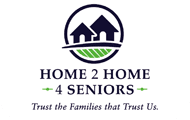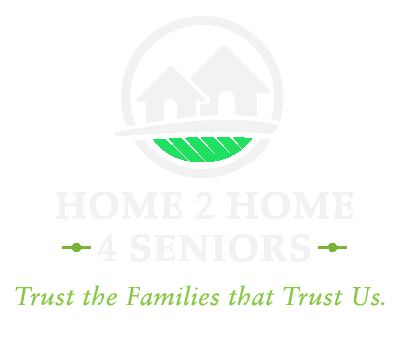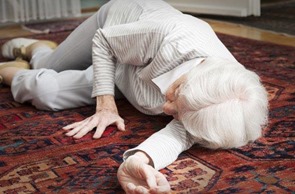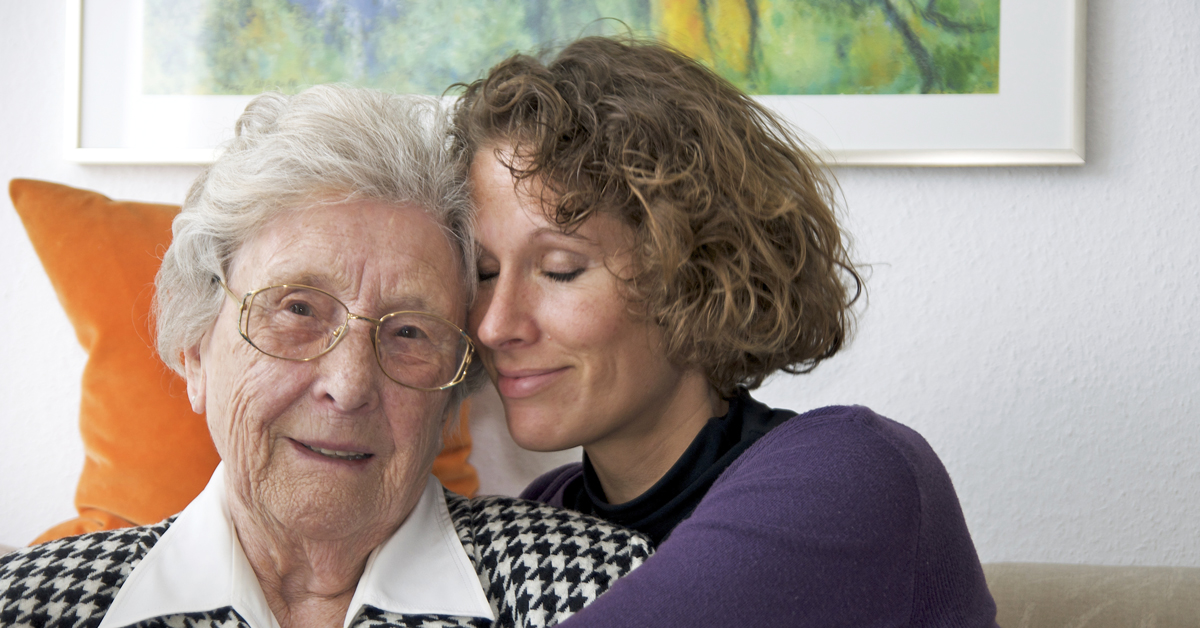Caregivers Pay the Price for Providing Care with Increased Mortality Rate
Increased Mortality Rate for Caregivers
Statistics around spouses that provide care are a cause for concern. Spousal caregivers aged 66 – 96 who experience caregiving-related stress have a 63% higher death rate than those non-caregivers of the same age.* Eighty percent (80%) of care provided at home is delivered by family members, a friend, or other unpaid caregiver, known as informal caregivers. Today there is a rise of informal caregivers and that means more caregivers will fall into the high risk group.
Many of these family caregivers are no where near prepared for what’s about to happen to them as they take on the role of caregiver. These people are sacrificing their finances, their health and their personal lives to look after an aging loved one. Many performing skilled medical tasks and learning on a “need to know basis.”
Caregivers may be elderly people themselves looking after a spouse or they may be of the sandwich generation, trying to raise their own children or grandchildren while at the same time caring for a parent. It turns out that millennials account for 25% of caregivers not only caring for an aging parent but also for children under the age of 18. Even more telling is that 34% of caregivers are 67 years of age or older according to the Alzheimer’s Association.
It’s a well documented fact that conflicting demands of job and family, increasing economic pressure and the physical and emotional demands of long-term caregiving can result in major negative health impacts on caregivers. Caregivers reluctant to get formal help/caregiving assistance, often wind up giving compromised care due to lack of skill level required, stress, or guilt of letting someone else in to help. These caregivers are many times uninformed about costs, availability and resources in their community for getting help.
Acting as a Lone Caregiver Could be Dangerous to Your Health
As a caregiver you MUST ASK FOR HELP! The stress of going it alone can be dangerous to your health. If it’s difficult to ask for help yourself, use an advocate, a sibling, a friend or professional care manager to coordinate help. A number of organizations and private companies will give you advice and guidance and many for free. Even getting some short term help can give you breathing room to find all the resources that may be available to you. And every time you get a break, it will help you recharge to return to your caregiving duties in good health.
For more information or help finding in home care or senior living for you or a loved one, schedule a no cost family consultation. Call Home2Home4Seniors today! 1-844-300-7026 or 210-899-7080. As always, Home2Home4Seniors services are free of charge. We look forward to speaking with you.





